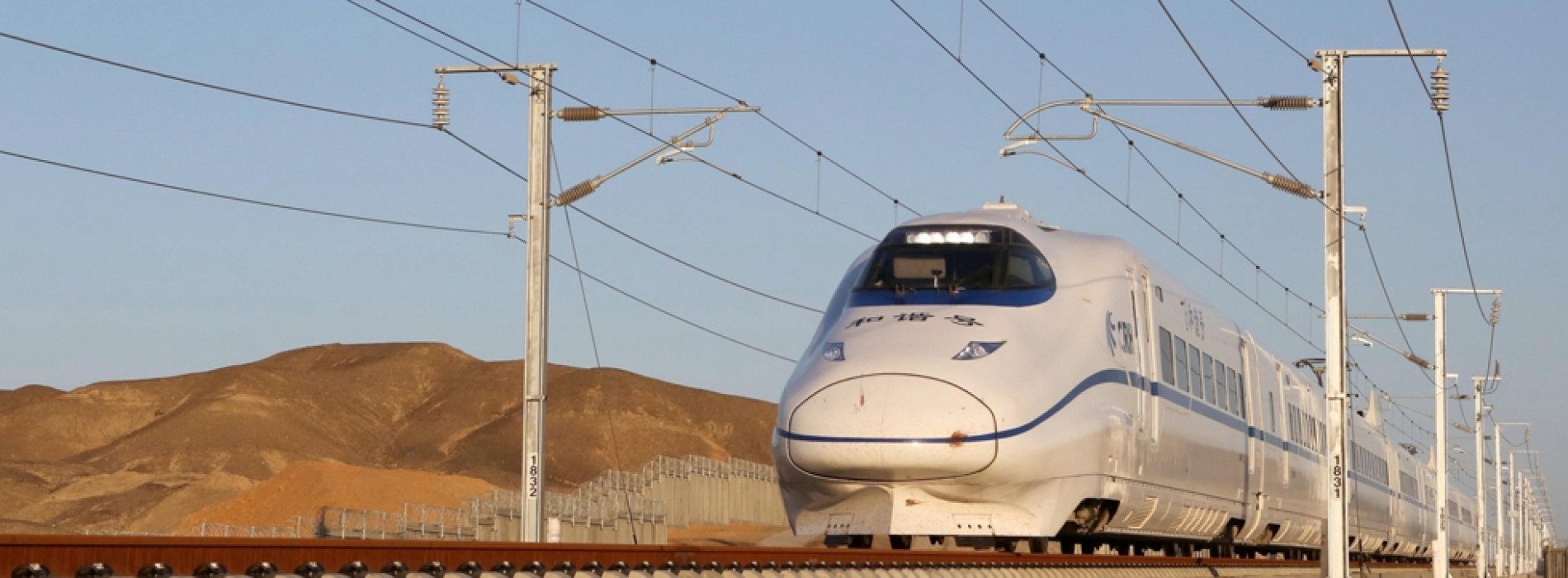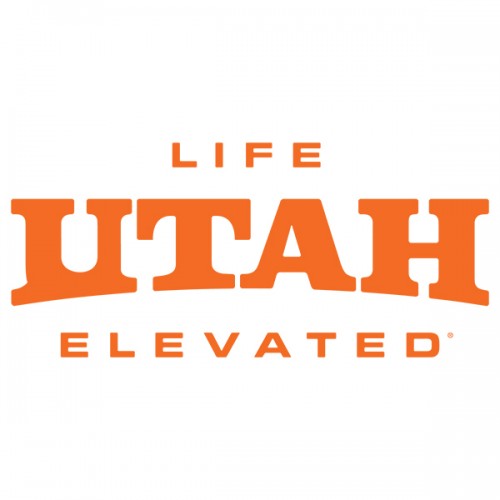Railways to use hi-tech survey for high-speed train corridor
The railways will use LiDAR technology — which involves conducting an aerial survey, and is known to give accurate data on the contours of land, even below vegetation — to expedite work on India’s first high-speed train corridor between Mumbai and Ahmedabad.
The use of Light Detection and Ranging, or LiDAR, will allow the survey of the 508km corridor to be completed in 9-10 weeks against the normal 6-8 months. It will help the national transporter start ground work on the Modi government’s dream project by 2018. According to the plan, almost the entire corridor will be on an elevated track, except 21km that will be underground. Of the 21km, 7km will be undersea.
The survey will be conducted by a helicopter, which carries equipment, including a high-resolution digital camera (100 megapixel), a laser scanner and a data recorder. An official said LiDAR was a remote-sensing technology that measured distance by illuminating a target with a laser and analysing the reflected light. The GPS unit interacts with GPS satellites to finalise the ground control points.
“The total flying time for covering the full corridor will be 30 hours. The preparatory work and time taken in processing of data is quite high, but still the process allows the survey of the full 508km in 9-10 weeks instead of 6-8 months,” Mukul Mathur, executive director (PPP), railway board, said. The exercise is highly accurate and enables capturing data of buildings and forest,” Mathur said, adding that this technology would be used for the survey of a rail line for the first time. For the survey, the helicopter will fly at a height of 500 metres while identifying 15.6 points per square metre.
You might also like
Kempinski Hotels open Global Sales Offices in India
Due to growing interest in emerging markets Kempinski Hotels has opened three Global Sales Offices in India, respective in Mumbai, New Delhi and Bengaluru. Since conditions in tourism and travel
Introducing the Utah Film Trail, Starring Utah’s Iconic Landscapes
A cinematic journey through America’s Film Set® now made more immersive with trail markers across iconic filming locations SALT LAKE CITY, UTAH | April 19, 2025 – Utah, famously known
Kenya: The perfect spot for your Christmas and New Year’s Eve
Kenya has some of the best chilling and party spots which can make your winter vacation, Christmas and New Year’s celebration worthwhile. The Christmas and New Year’s holidays in Kenya






